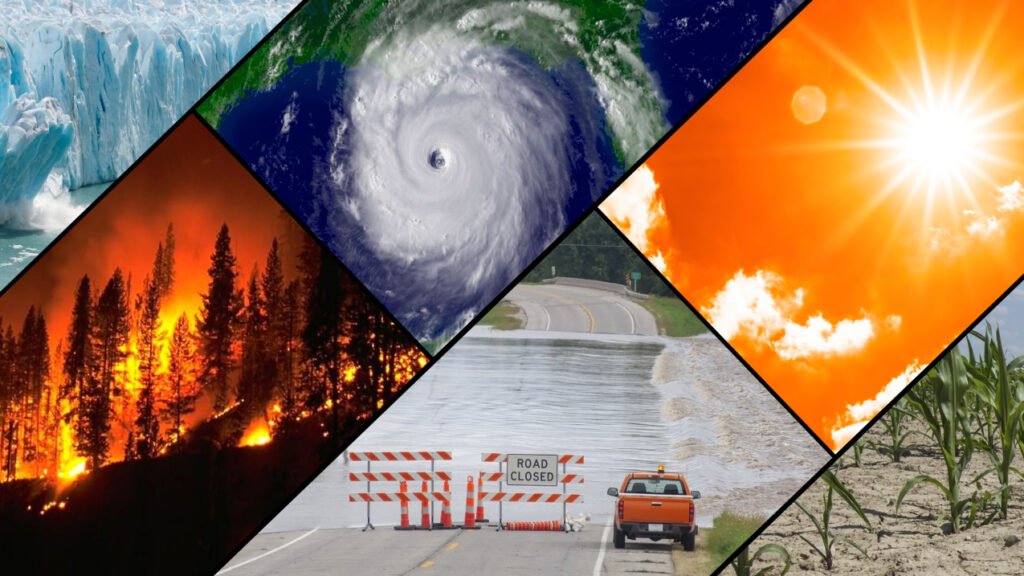In nature, timing is everything. Every crucial biological activity, from the first notes of a songbird’s spring chorus to the seasonal drumming of snapping shrimp, is timed. Flowering. Laying eggs. Breeding. Migration. That applies equally to the Mongolian steppe, the Arabian Sea, and the Costa Rican jungle.

These patterns have been developed through centuries of development. Climate change is readjusting them. And this is altering practically everything in life. Seasons change in every ocean and on every continent. Early warmth, delayed cold, and fluctuations in precipitation frequency and intensity are all messing with established patterns in both predictable and surprising ways.
So researchers the world over are straining to document the timing of life cycle events, a scientific discipline known as phenology. That timing is being upended by our fossil fuel emissions.

Almost wherever scientists examine, they find changes in nature. The timing of leaf emergence and fall has already moved considerably across more than half of the globe. Humpback whales are gathering 19 days later in the Gulf of Maine than they used to, whereas jack mackerel, hake, and rockfish are spawning earlier in the North Pacific.
Scientists discovered 65 of 83 bird species arriving early, some by up to 31 days, in North Dakota’s Red River Valley. Dwarf salamanders in South Carolina arrive at mating sites 76 days later.
What’s more difficult to fathom is the gravity of the consequences—for plants, animals, and humans alike.

Markets for insect-pollinated commodities such as cocoa, watermelon, cumin, and coriander are valued up to $577 billion each year worldwide. Changes to nature’s clock also may influence agriculture in dozens of hidden ways, not all of which can be addressed by shifting planting or harvest seasons. Farms may be exposed to more frosts or previously unseen crop-killing pathogens.
There is much we don’t yet know: Can timing changes alone drive significant extinctions? What is nature’s capacity for adaptation? And why is it so hard to see what’s coming next? In short, how timing mismatches may reorganize systems remains unclear but climate change is reorganizing things and we are responsible for that in a big way…this is certain.
Reference- National Geographic Story, Wikipedia, BBC Earth, Discovery Magazine






